What are superfoods? Your guide to supercharging your diet
What exactly makes a superfood so super? Plus, 5 incredible superfoods to add to your meal plan today
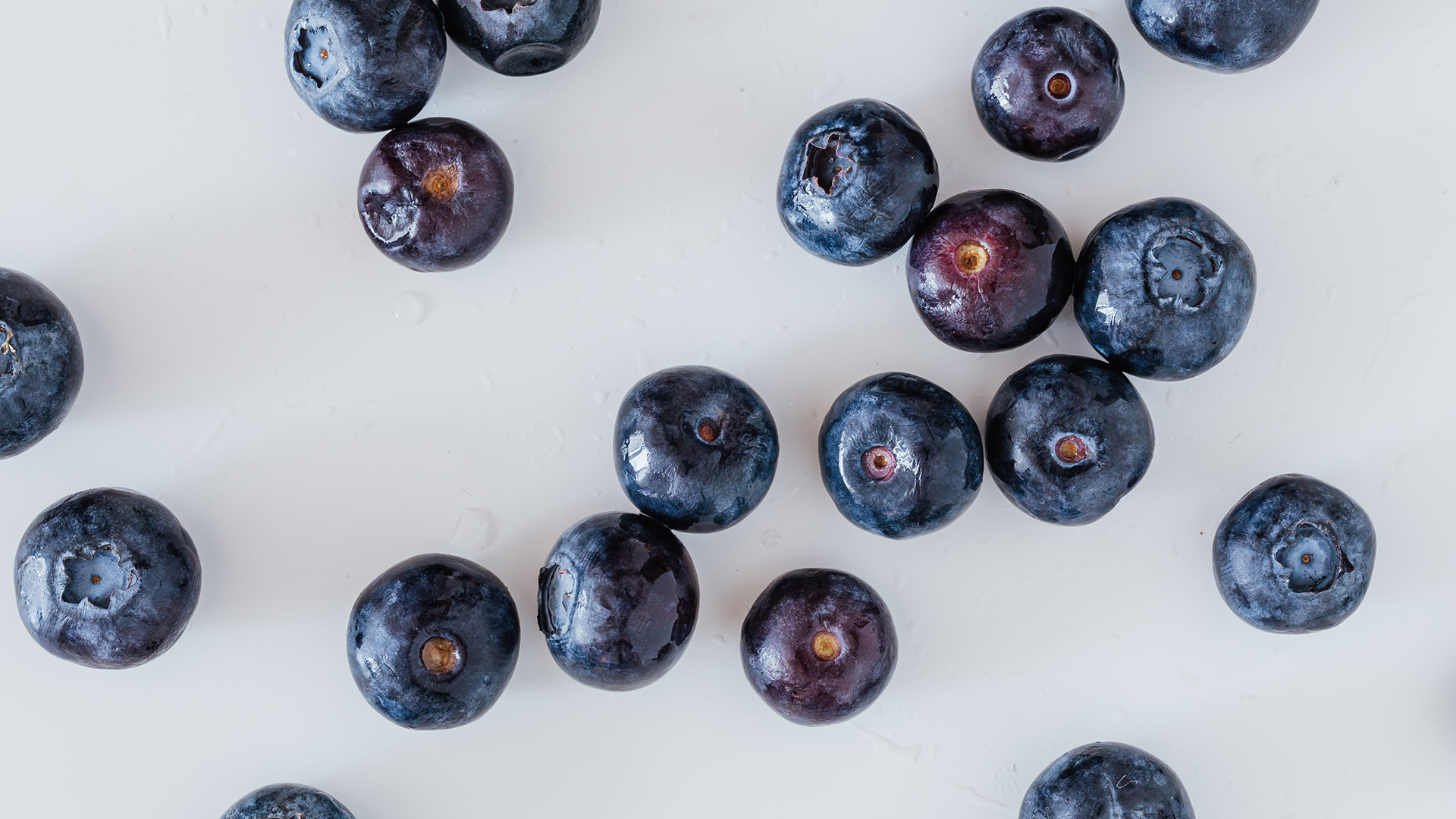
Get all the latest news, reviews, deals and buying guides on gorgeous tech, home and active products from the T3 experts
You are now subscribed
Your newsletter sign-up was successful
Over the last decade we’ve all been encouraged to add superfoods to our diet whenever possible. Many of the biggest food trends in the last few years have been superfood-based; quinoa, matcha, kale, kombucha, goji berries, chia seeds and countless others have been thrust into the spotlight on the back of their superfood status, but what does it really mean to call something a superfood?
Well, superfoods are all united by one thing – high nutritional content. Superfoods are all nutritionally dense foods and therefore deemed to be extraordinarily good for you in a variety of ways. It’s important to note, though, that there’s no set criteria for superfoods in the UK; the term superfood is more of a marketing term than a medical or nutritional one, so when you read about an ingredient’s superfood credentials, you should always do your own research before buying into the hype!
- Keep an eye on your ticker: These are the best heart rate monitors
- Browse the best fitness trackers for all-round health
- Explore the smartest and best bathroom scales
What is a superfood?
Superfoods are foods that provide an unusually high quantity of fibre, vitamins and minerals, as well as potentially antioxidants and phytonutrients. That said, because there is no set criteria for superfoods, not everything labelled as a superfood will necessarily provide the nutritional boost you’re looking for. Superfoods are most effective when consumed raw or whole – once they’ve been cooked or processed, their nutritional benefits diminish greatly. Take green tea for example – a brilliant superfood when freshly brewed thanks to its high antioxidant levels, but bottled green teas are processed and mixed with added sugar, negating most of the health benefits they once had.
It’s also worth noting that just because something is a superfood, doesn’t mean that it’s good for you across the board. Lots of fruits can reasonably be called superfoods thanks to their high fibre, vitamin and phytonutrient levels, but they’re also naturally high in sugar, so they should always be consumed in moderation. Similarly, some superfoods will contain nearly your entire recommended daily intake (RDI) of a certain mineral or nutrient in a single serving, and it’s best not to exceed those daily allowances. Essentially, just because something is a superfood, doesn’t mean you can have as much as you want of it!
As long as you’re au fait with the nutritional value of what you’re eating, superfoods can provide a huge boost to your mental and physical health, helping to stave off illness, improve blood circulation, lower your cholesterol, even improve your sleep.
5 amazing superfoods to get you started
Want to boost your meals with some superfoods? Here are a few of our favourite superfoods to start integrating into your diet.
1. Berries
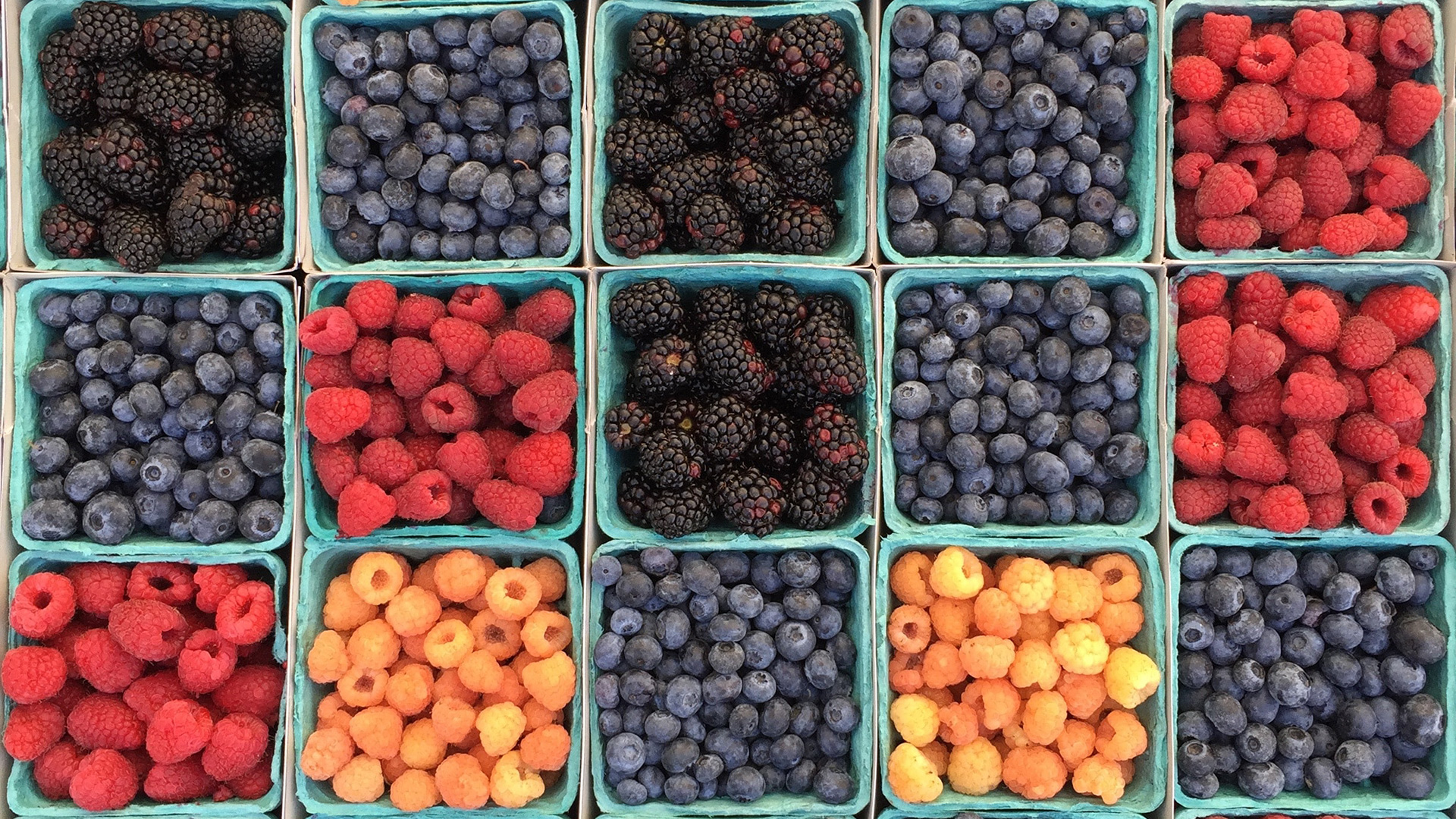
We’ve all jumped wholeheartedly on the berry bandwagon in the last few years and for good reason – not only are berries delicious, they’re also incredibly easy to integrate into your diet. A sprinkling on your morning cereal, a few as a mid-afternoon snack or a handful with yoghurt in the evening is enough to provide a major boost of antioxidants into your diet; antioxidants are vital in repairing damaged cells in the body, and more recent studies have linked antioxidants with reduced risk of heart disease, cancer and other diseases.
Get all the latest news, reviews, deals and buying guides on gorgeous tech, home and active products from the T3 experts
2. Oily fish
All fish is a fantastic source of protein, but oily fish like salmon, trout, mackerel and sardines are a double whammy thanks to their high levels of omega-3 fatty acids, which have been shown to help reduce inflammation in the body, as well as promoting healthy circulation and decreasing your risk of heart disease.
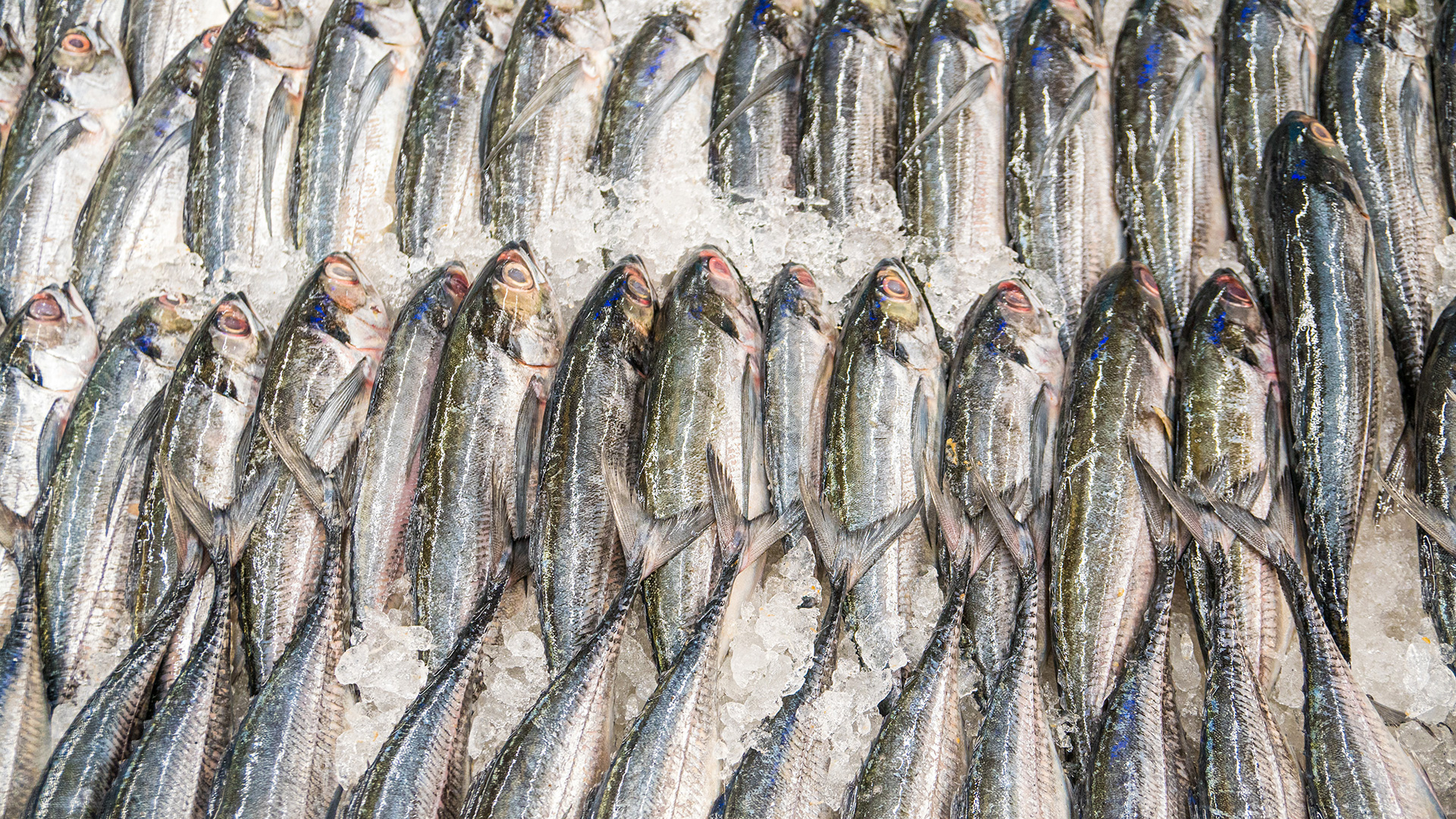
The NHS has been banging this drum for a while now, encouraging all of us to eat oily fish at least once a week, but again, be careful of eating too much – oily fish is still much higher in fat and calories than normal white fish, and like all seafood, there’s a risk of heavy metal contamination if you eat too much.
3. Leafy greens
If you’re looking for a foolproof superfood to add to your diet, you really can’t go wrong with leafy greens. Greens like spinach, chard, kale and cavolo nero are nutritional powerhouses, boasting plenty of vitamins A, C, E and K as well as an abundance of folate, zinc, iron, magnesium, potassium, calcium and fibre, and a variety of phytonutrients on top.
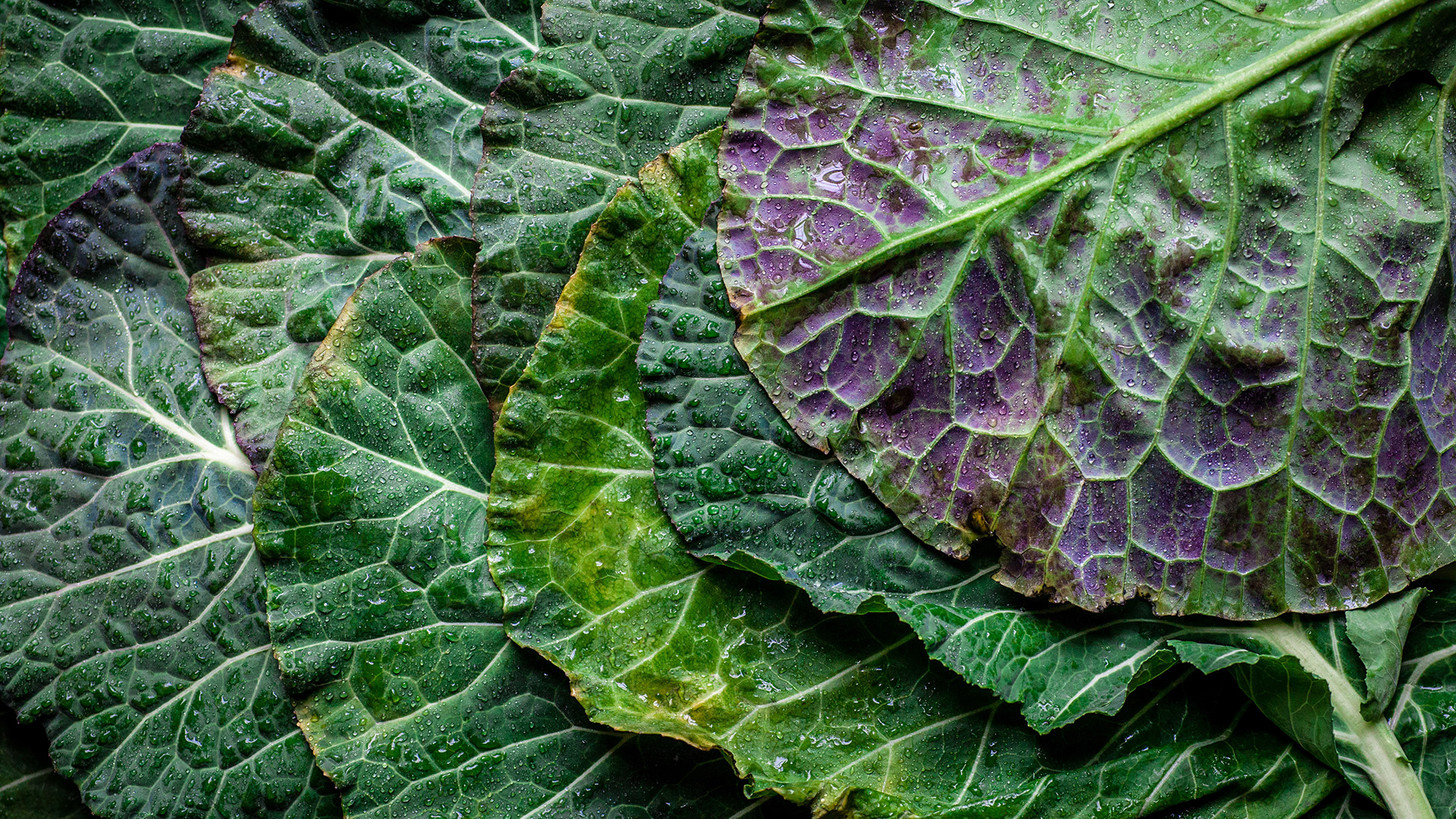
The more you cook an ingredient, the fewer nutrients you will get from it, so the key to taking the most from greens is to eat them raw when possible, or to cook them gently. If you don’t fancy blending raw kale into your smoothies, steaming is a great way to cook these leafy greens whilst preserving most of the nutrients inside.
4. Legumes
This is a broad category that includes all sorts of beans, peas and lentils, each of which has a different nutritional make-up, but broadly speaking they all boast high levels of fibre, folate, B vitamins, iron, copper, magnesium, manganese, zinc, and phosphorous. Even more importantly, they’re an extremely rich source of plant-based protein for vegans and vegetarians.
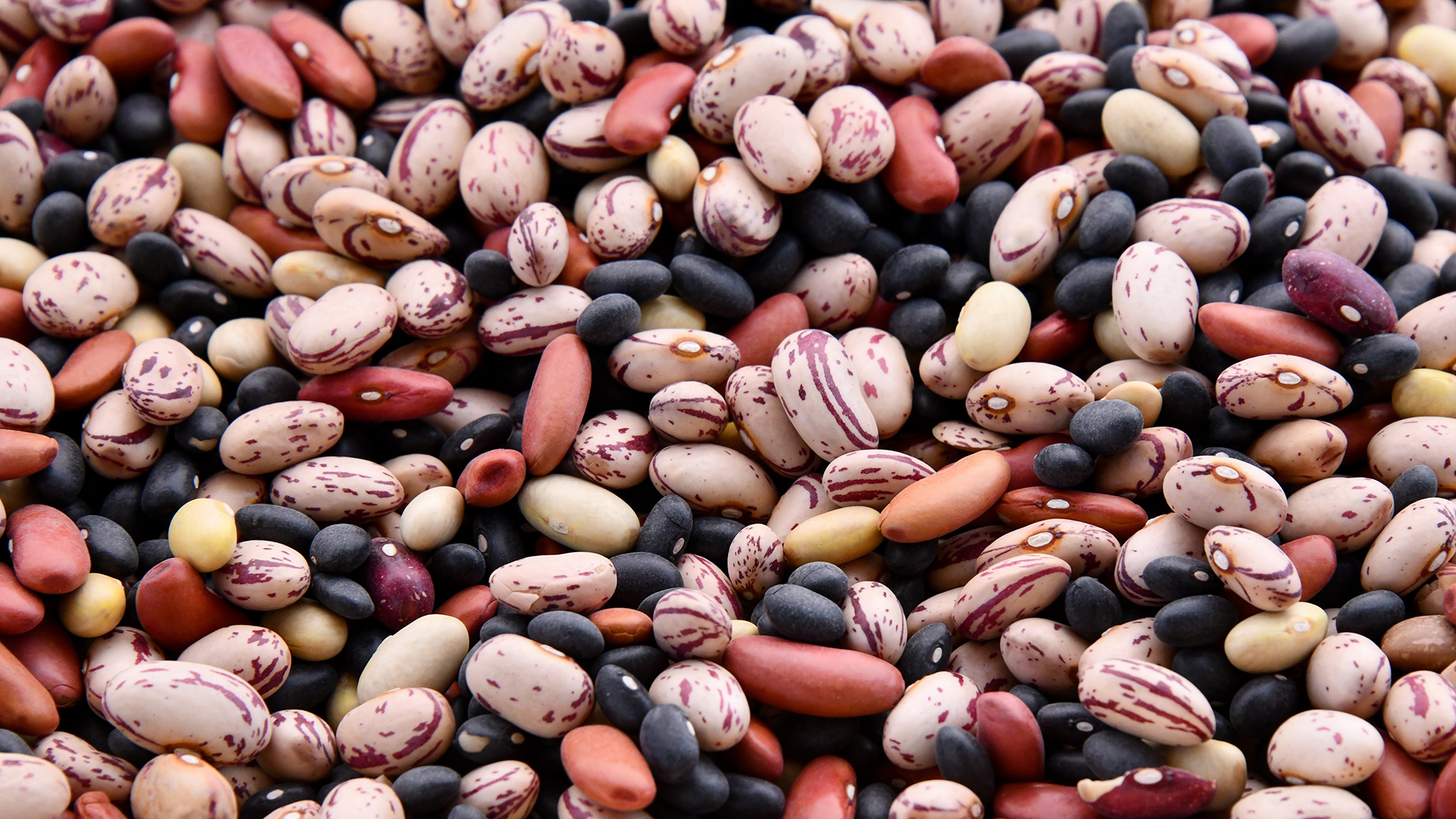
The high fibre content makes legumes very filling, and combined with their extremely low levels of saturated fat, they’re an excellent addition to a healthy diet.
5. Nuts and seeds
Nuts and seeds are extremely nutritionally dense and especially rich in plant proteins and fibre. Most importantly of all they’re a great source of monounsaturated fats – these are so-called ‘heart-healthy fats’ that have been linked to reduced blood cholesterol, which lowers your risk of heart disease and stroke.
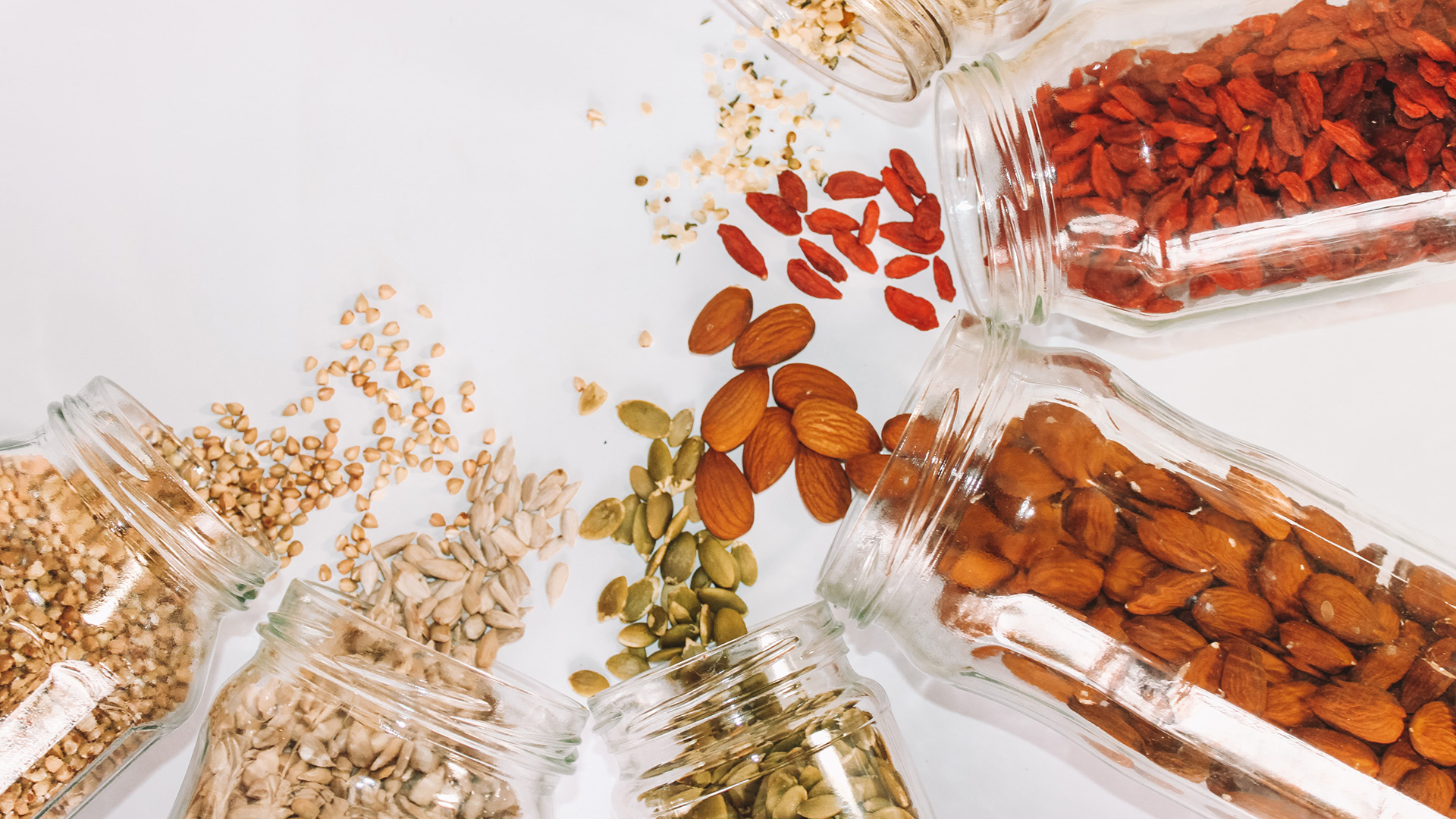
There is also evidence that monounsaturated fats can help with weight loss, but be careful – by nature of being nutritionally dense and high in fats (albeit good fats), nuts and seeds are very high in calories so you should moderate your intake. Thankfully they’re very versatile, so it’s easy to add a sprinkling of nuts and seeds to your diet occasionally and reap the benefits within.
Pete started his fledging journalistic career covering lifestyle tech and video games for T3, before a brief sojourn in food turned into a full time career as a chef, recipe developer and editor with the likes of Great British Chefs, BBC Food and SquareMeal. Over a decade later he has come full circle, putting kitchen tech and appliances through rigorous testing for T3 once again, and eating a quite intense number of omelettes whilst testing non-stick pans. In his spare time Pete loves nothing more than squashing his size 11 feet into tiny shoes and going climbing. He also dabbles in cricket writing from time to time, and is certainly a man who knows his leg from his wicket.